Your roof is one of the most critical components of your home, protecting you from the elements and contributing to your property’s structural integrity. Over time, however, even the most well-maintained roofs will show signs of wear and tear. Knowing when to replace your roof is key to preventing costly damage and maintaining your home’s value. Learn the signs your roof needs replacement, the lifespan of different roofing materials, the differences between reroofs and new roofs, and common issues like decking repairs that may arise during the process.
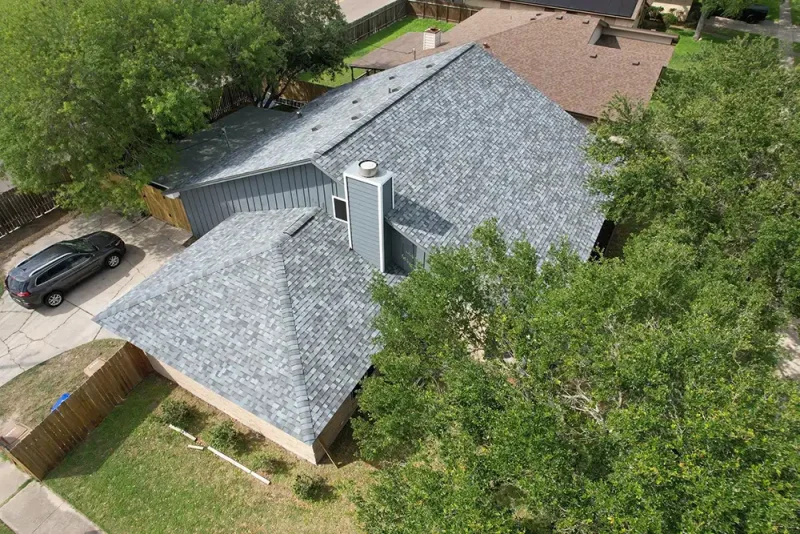
Signs Your Roof Needs to Be Replaced
Recognizing the warning signs of a failing roof can save you time, money, and stress. Here are some of the most common indicators:
- Age of the Roof: Roofing materials have a finite lifespan. For example, asphalt shingles typically last 20–30 years, while metal roofs can last 40–70 years. If your roof is approaching or has exceeded its expected lifespan, it’s time to start planning for a replacement.
- Leaks and Water Damage: Water stains on ceilings, walls, or in the attic often point to roof leaks. If leaks are frequent or widespread, replacing the roof might be the best option.
- Missing or Damaged Shingles: Missing, cracked, or curling shingles can no longer protect your home effectively. Large patches of damage often signal the need for a full replacement.
- Granule Loss: If you notice an accumulation of shingle granules in your gutters or downspouts, it may indicate that your roof is deteriorating.
- Sagging Roofline: A sagging or uneven roofline can indicate structural issues with the roof’s decking or supports. This is a serious problem that requires immediate attention.
- Moss or Algae Growth: While moss and algae are more aesthetic concerns, their presence can indicate trapped moisture, which may lead to more significant problems over time.
Understanding Roofing Lifespans
The type of material used in your roof significantly affects its lifespan. Here’s a breakdown of the most common roofing materials and their average longevity:
- Asphalt Shingles: The most popular roofing material, asphalt shingles generally last 20–30 years, depending on quality and installation.
- Metal Roofing: Known for its durability, metal roofing can last 40–70 years, making it an excellent long-term investment.
- Tile Roofing: Tile roofs, including clay and concrete tiles, can last 50 years or more. These roofs are ideal for areas with extreme weather conditions.
- Slate Roofing: Natural slate is one of the longest-lasting materials, with a lifespan of 75–100 years or more.
Knowing the age of your roof and the expected lifespan of its material can help you determine when replacement is necessary.
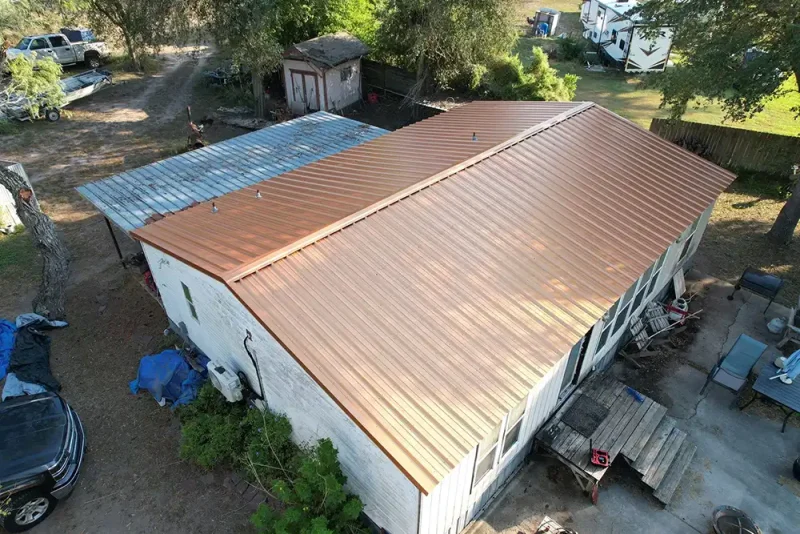
Reroofs vs. New Roofs: What’s the Difference?
When replacing a roof, you’ll encounter two main options: reroofing and installing a completely new roof.
- Reroofing: Reroofing involves adding a new layer of shingles over the existing roof. This option is typically less expensive and quicker than a full replacement. However, it’s only viable if your roof has one layer of shingles and no underlying structural issues.
- New Roof Installation: A new roof installation involves removing the existing roof, inspecting the decking, and installing a completely new roofing system. While this option is more expensive and labor-intensive, it ensures your roof is structurally sound and built to last.
Choosing between reroofing and a new roof depends on the condition of your existing roof and your long-term goals.
The Importance of Roof Decking Repairs
During a roof replacement, your contractor will inspect the roof decking—the layer of wood that supports your shingles. Decking issues can compromise the entire roof structure, making repairs or replacements essential.
- Signs of Damaged Decking: Indicators include soft or spongy spots on the roof, visible rot, or areas where nails no longer hold securely.
- Repairing or Replacing Decking: If damage is extensive, the decking may need to be replaced entirely. This adds to the cost of the project but ensures the roof’s longevity and performance.
- Preventing Future Problems: Proper installation and using quality materials can prevent decking issues in the future. Ensuring your roof is well-ventilated can also reduce moisture buildup that leads to rot.
Why Timely Roof Replacement Matters
Replacing your roof at the right time can save you from more extensive and costly repairs down the line. Here’s why acting promptly is important:
- Preventing Structural Damage: A failing roof can lead to leaks, which may cause structural damage to your home.
- Improving Energy Efficiency: Old or damaged roofs can let air escape, increasing your energy bills. A new roof with proper insulation can make your home more energy-efficient.
- Enhancing Curb Appeal: A new roof boosts your home’s appearance, which is especially important if you’re planning to sell.
Choosing the Right Roofing Material
When replacing your roof, selecting the right material is crucial. Consider factors like:
- Durability: How long do you want the roof to last?
- Weather Resistance: Does the material withstand the local climate?
- Aesthetics: Does the material match your home’s architectural style?
- Cost: What is your budget for the project?
Your roofing contractor can help you weigh these factors and choose the best material for your needs.
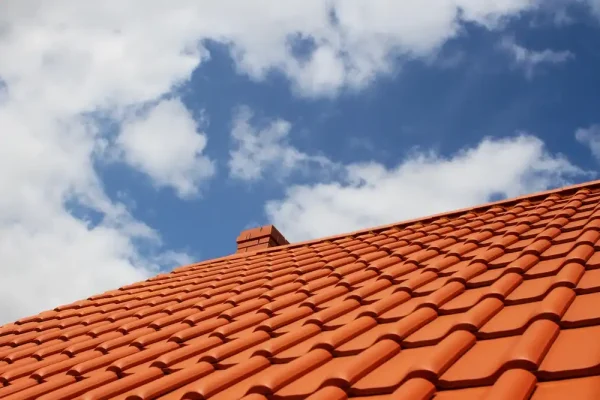
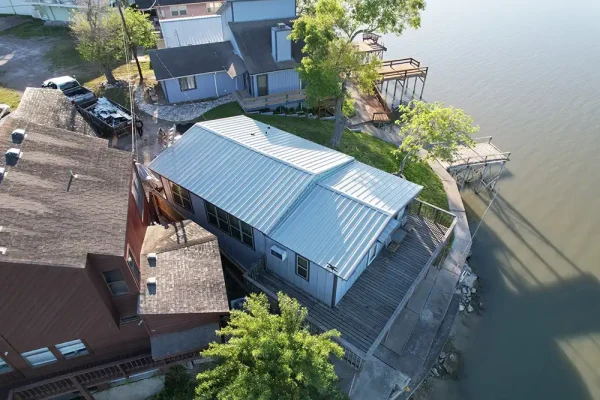
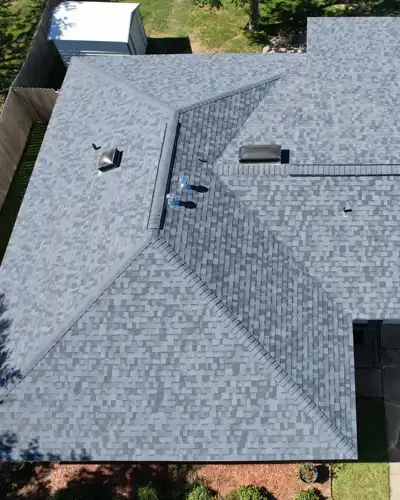
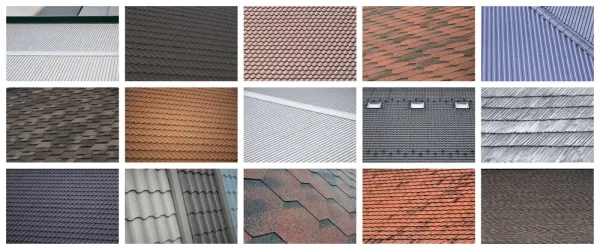
Why Work with Professional Roofers
Replacing a roof is a significant investment that requires expertise. Here’s why hiring professionals is essential:
- Experience and Knowledge: Professional roofers understand the nuances of roofing materials, installation techniques, and local building codes.
- Safety: Roofing work is dangerous, and professionals have the equipment and training to perform the job safely.
- Warranty Protection: Many roofing manufacturers offer warranties that are only valid if installed by certified contractors.
Get Expert Roofing Services from Texas Coast Roofing
At Texas Coast Roofing, we’re committed to providing high-quality roofing services that protect your home and enhance its value. Whether you need a new roof, reroofing, or help with decking repairs, our experienced team is here to guide you through the process.
Contact us today to schedule a roof inspection or discuss your roofing needs. Let us help you protect your home with a roof that’s built to last.

